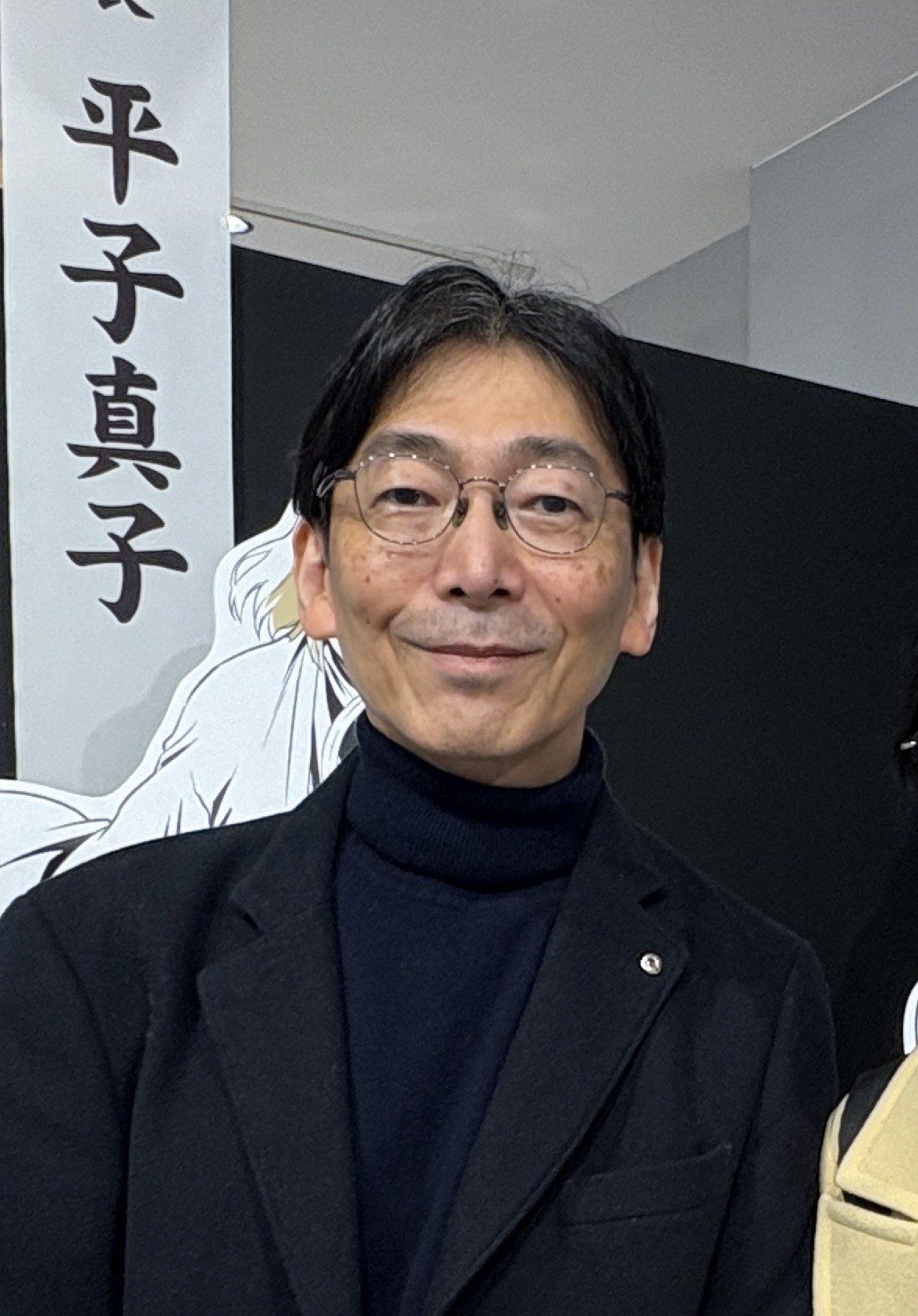Human-Centered Philosophy — A Thought Standing on Question and Possibility
Written by Mitsuaki Koga
I. Introduction
In contemporary society, systems, efficiency, and outcomes often take center stage, making it difficult to see human dignity and potential. Yet even as social structures change, the inner light and the power of questioning within each individual continue to exist beyond institutions.
Human-Centered Philosophy is a system of thought that re-recognizes this “human light beyond institutions” and places it at the foundation of society and civilization. It is not a fixed theory or ideology, but rather a philosophy nurtured through daily dialogue and practice, with its core being the attitude of questioning and the perspective that trusts in human potential.
II. Core Principles
Human-Centered Philosophy rests on three perspectives:
- Question
Listening to the hidden voices behind systems and conventions, discovering unseen values and individual light. - Potentiality
Standing on the premise that every person possesses light and strengths, trusting in the inner potential of humanity. - Transcending Structures
Going beyond the frameworks of systems and efficiency, placing human light and dignity at the center.
III. Four Supporting Pillars
These “pillars” are the concrete supports that bring the philosophy into practice, embedding it into daily life and social structures.
- Places of Belonging — the Sense of “It’s Okay to Be Here”
Wherever one is, their existence is affirmed. This becomes the starting point of questioning and dialogue, and the foundation for reconstructing systems and culture. - A Gaze Toward Those Who Have Lost Themselves, Regardless of Systems
Extending care not only to those who fall outside institutional frameworks, but also to those who succeed within them yet lose sight of their own light and dignity. - Reconstruction of Relationships and Emotions
- Relationships: Renewal of spaces and structures
- Emotions: Recovery of words and expressions
By restoring emotional exchange and dialogue to relationships—whether in couples, families, or workplaces—that have become function-driven, human connections are revived. The recovery of emotions and relationships within the family is also an application of this sensibility. - Redesigning Economy and Management with Integrity and Beauty
Beyond efficiency and outcomes, designing society with emphasis on integrity, trust, and aesthetic sensibility. A quiet yet powerful economy and management style centered on human dignity.
IV. Methodology — A Contemporary Renaissance
Methodology shows how to approach. While the pillars indicate where to act, methodology expresses the philosophical attitude.
- Seeing the light beyond institutions
- Social transformation through questioning and dialogue
- Discovering individual light and illuminating dignity
This is not through conflict or shouting, but through quiet questioning and dialogue that gradually transform society.
V. Fields of Application
Human-Centered Philosophy readily expands into the following fields:
- Education: Redesigning learning spaces and processes around questioning and possibility
- Management: Integrated leadership centered on dignity and future creation
- Economy: Designing society and economy with integrity, aesthetic sensibility, and trust at the core
- Family: Applying the value of sensibility to daily life and family relationships
- Art: Transforming individual light and integrated consciousness into expression, contributing to culture and civilization
- Politics: Introducing dignity, questioning, and possibility into institutional and policy design
- Civilization: Reconstructing systems, culture, and technology with dignity at the center, applying it to civilizational design
VI. Conclusion — The Four Principles of Human-Centered Philosophy
Finally, the “principles” presented here are even more fundamental than the pillars. While the pillars serve as supports for practice, the principles express the underlying attitude that permeates the entire philosophy.
- Every individual’s existence is affirmed as “it’s okay to be here”
- Extending a gaze toward those who have lost themselves, regardless of systems
- Simultaneously reconstructing relationships and emotions
- Redesigning society, economy, management, and family with integrity and aesthetic sensibility
These principles correspond to the pillars while serving as the foundation that runs through the entire philosophy. Human-Centered Philosophy enables concrete application to society and civilization, offering future readers and practitioners a path of Understanding → Practice → Expansion.
Final Statement
To transcend the frameworks of systems and conventions, and to place human light and dignity at the center of society—this is the principle of Human-Centered Philosophy.
